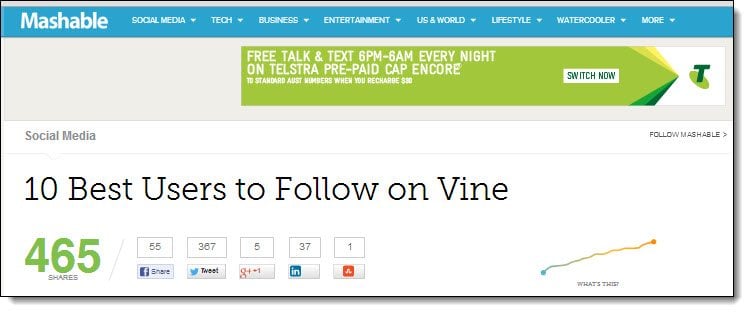Some words of wisdom By Chad Howse
What used to be safe, is no longer. What’s “safe” in today’s volatile economy and society, is risk.
And so, you’re left to your own devices. You’re kicked to the curb, forced to see what you can offer the world – and if they’ll accept it. Or, you can go another route: you can find something that excites you, and give it to the world.
The Global Economy
The world is your oyster. The internet has opened borders, broadened your niche, market, and potential client base. You can now reach anyone with a computer – like I do with my business. You don’t even have to learn their language, there are apps that can translate the text for them.
The good news: you can reach far more people than you used to be able to.
The “bad” news: average doesn't cut it any longer.
Doing an average job used to mean security. Today, an average – or even a good job – may mean you’re replaced by someone who does what you do, only they do it exceptionally.
With the expanding of the client base, the broadening of what can be done, and the incredible lack of employment, should you seek a career, or risk it all and create your own path?
 What does a “career” offer?
What does a “career” offer?
The likely risk of being laid off (seniority is king in the work force).
Low pay – as an entrepreneur you can essentially, determine you own pay by you actions. A workers pay is determined not always based on merit (unless you work in commission, even then you’re getting a small piece of the pie), but on seniority.
It takes the control of your life out of your hands.
What does “risk” offer?
More control over the funds that come in, as well as what’s taken from you in the form of taxes (although the government needs to improve this).
Control over what you do with your life. So many spend their lives doing things they don’t like to do – essentially living a life they don’t want to live; what’s the point?
Death is a magnificent thing: It gives your life, and this very moment, a very special and unique meaning. With each day you’re closer to the end. Each moment is one that will never be had again. Death should give you reason to risk, to try, to persist. To live a life spent doing what you hate doing, is a life lived in hell.
To risk nothing is to gain nothing.
In business, the greater the risk, the greater the room for gains. In the stock market that risk isn't always founded on sound principles, but a lot of time when you’re talking about growing a company, or even finding success in life, great risk leads to growth.
Any great accomplishment has been done so in the face of “safe logic”. They've gone with their gut rather than the path walked by those before them. They've forged a new path.
Have the courage to step out from the crowd. Break through the limitations that bind your mind to the life you’re living right now. You deserve something greater.
 We Live in Scary Times
We Live in Scary Times
They say that the unemployment rate in America is at 8%, but that’s not counting all of the people who have simply given up. Some economists believe that unemployment is actually closer to 15%, and could reach up to 25% in the next decade.
The future isn't uncertain, it’s very certain that the jobs you hold now may not be there in a decade. What will you do then?
The safest thing a person can do is take matters into their own hands.
This may mean joining on with a start up, something that entails a lot more risk, but you typically need less education, you’re working for a company who’s making a difference, whose leaders are leading with passion and have a lot of skin in the game, and you’re innovating.
This may mean joining on with a start up, something that entails a lot more risk, but you typically need less education, you’re working for a company who’s making a difference, whose leaders are leading with passion and have a lot of skin in the game, and you’re innovating.
This may also mean starting your own company. The internet has given you endless possibilities to create what you want to create, to reach who you want to reach, and to help who you want to help.
The world needs new companies, leaders, and entrepreneurs if it’s going to survive this economic collapse. It needs leaders that hire, not drones that follow. The old dinosaurs are beginning to fade away, will you take their place?
keep in touch & like the page while there! I will always reciprocate





















